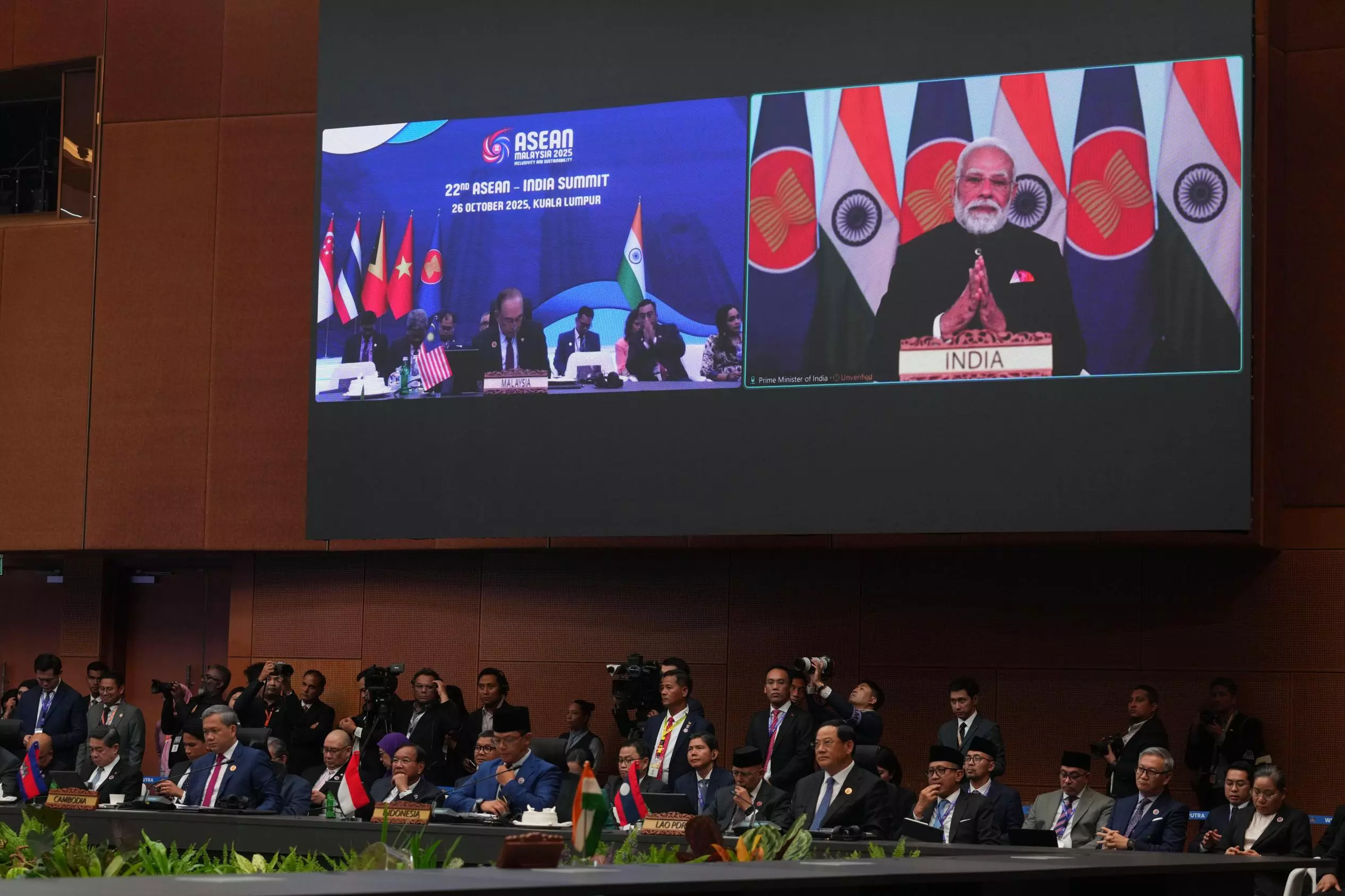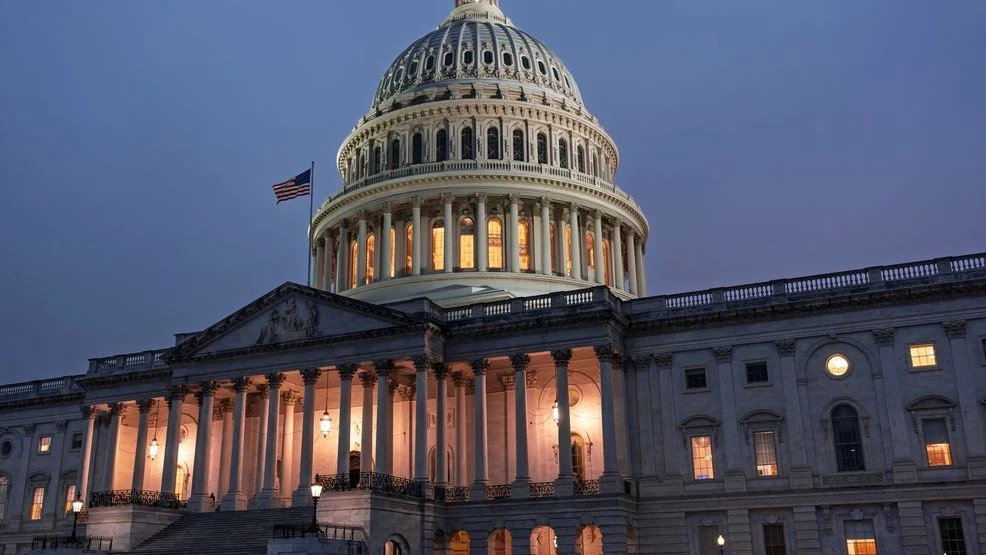Copyright Everett Herald

By Paul Roberts / For The Herald The World Series is over, but the serious world is engaged in a bigger contest with climate change. More than a trophy and a ring are at stake. The annual United Nations world climate forum, COP30, is scheduled to begin Nov. 10 in Brazil, involving almost 200 nations. For the first time in its history, the U.S. — the largest contributor of greenhouse gases (GHGs) and the world’s largest economy — is not participating. Nature is throwing high heat, fires, storms, floods, sea level rise and more, increasing in frequency, intensity and cost. The science is beyond dispute. So is our lived experience. Yogi Berra famously said: “When you come to a fork in the road, take it.” Well, we are at a fork in the road between turning points and tipping points. One road leads to a future with a healthy environment and economy. The other is a future we would not wish for ourselves or our children. Tipping points; Running AMOC: The Aug. 16 issue of The Economist magazine’s Science & Technology section covered climate tipping points. The science shows earth’s climate approaching irreversible tipping points; aka feedback loops: “thresholds beyond which self-sustaining processes irreversibly push part of earth’s climate system from one state to another.” These include: the collapse of the Atlantic Meridional Overturning Circulation (AMOC); these are powerful ocean currents that distribute warm water northward and cold water south; collapse of ice formations at both poles; melting glaciers; melting of boreal permafrost that then release methane; Amazon rainforest and boreal forest dieback releasing carbon and GHGs; coral reef die-back limiting the ocean’s ability to absorb carbon and impacts to the food chain and more. The Economist reports that models differ in projections of when tipping points will occur, but the scientists involved believe they have arrived at a decent, though not perfect, understanding of which parts of earth’s systems are most vulnerable to tipping points and why. Beyond the scientific community, interest in tipping points is increasing in many areas including business, actuaries, insurance, pension funds, humanitarian organizations, security, defense and politicians. The accelerating pace of climate change cannot be ignored. The past 10 years have been the warmest on record, and the frequency, intensity and costs of a warming world are unmistakable and inescapable. They will increase until we reduce GHG emissions. We have the ability to choose a better future. Turning points; ‘Here Comes the Sun’: Clean energy will light the path to a livable future, better environment and economy. Renewable energy from the sun and wind are now the cheapest power on the planet — cheaper than fossil fuels — and the price is falling. Solar, wind and battery technologies are rapidly expanding. In his book “Here Comes the Sun” Bill McKibben traces the arrival of plentiful, inexpensive solar energy and shows how this is a path forward out of the climate crisis toward a better economy. He also documents the fossil fuel industry’s fight resisting the renewable transition. Oil companies are competing with the sun, and they are outmatched. Every day the sun rises, providing a free source of energy. It is not dependent on exploration, transport, refining, oil cartels or geopolitical forces, all of which add costs. Economists call the money that goes from consumers to those who control hydrocarbon supply “fossil fuel rent” amounting to an estimated $2 trillion annually. In 2024 The Economist published a special issue devoted to solar energy stating: “An energy source that gets cheaper the more you use it marks a turning point in industrial history.” The energy from the sun is not just cheap, its also diffuse, available everywhere, instead of concentrated in a few places controlled by a few corporations. The rest of the world is not beholden to shareholders and executives of big oil corporations or their political grip on one party. McKibben points out fully half of all renewable investments around the world are happening in China. They understand that economic dominance will come from building out new technologies. It will take a generational commitment to successfully win the climate battle, but it lies within our reach. Like planting a tree, building a clean energy economy is a hopeful act for today and tomorrow. Every bit of warming matters. Urgency matters. With or without the U.S., the world is making this transition, though not fast enough. In the climate contest, nature bats last. Paul Roberts is retired and lives in Everett. His career spans five decades in infrastructure, economics and environmental policy including former Chair of the Puget Sound Clean Air Agency Board and advising Washington cities on climate change. Eco-nomics “Eco-nomics” is a series of articles exploring issues at the intersection of climate change and economics. Climate change (global warming) is caused by greenhouse gas emissions — carbon dioxide and methane chiefly — generated by human activities, primarily burning fossil fuels and agricultural practices. Global warming poses an existential threat to the planet. Successfully responding to this threat requires urgent actions — clear plans and actionable strategies — to rapidly reduce GHG emissions and adapt to climate-influenced events. The Eco-nomics series focuses on mitigation and adaptation strategies viewed through the twin perspectives of science and economics. Find links to the series thus far at tinyurl.com/HeraldEco-nomics.



